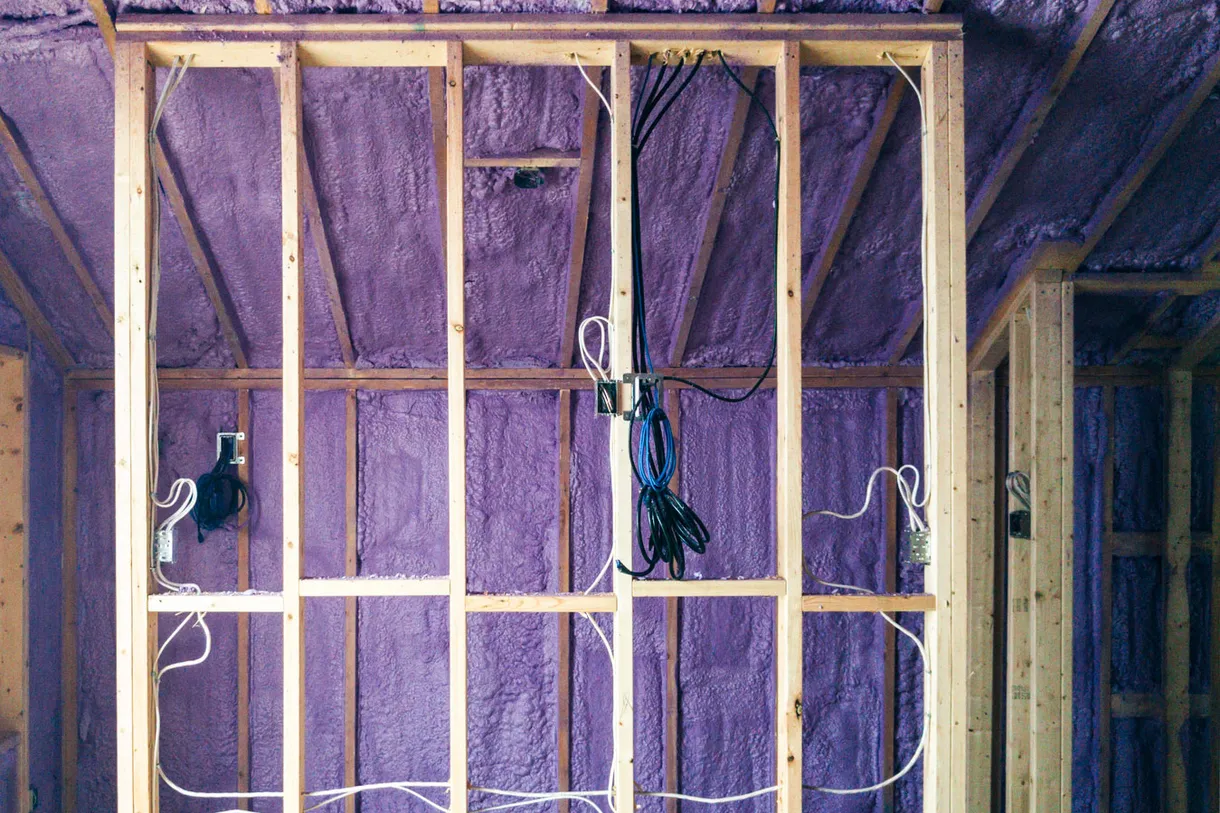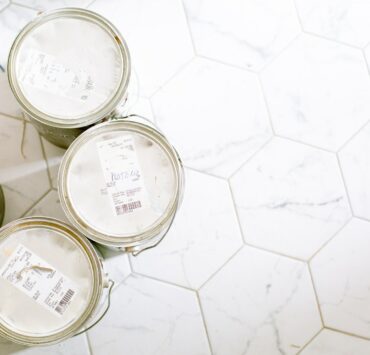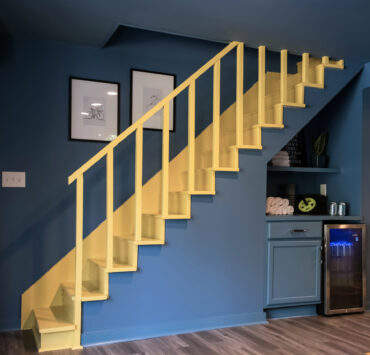If you have a basement, it’s safe to say that you have been faced with the decision as to whether or not basement ceiling insulation is needed for your basement. After all, it is a tedious and costly task.
In this article, we go through the details of insulating your basement to help homeowners weigh out whether or not they need it.
[ez-toc]Pros Of Basement Ceiling Insulation
Keeps Your House Warm
Insulating your basement by extension is also floor insulation. Although it may seem counterintuitive, it doesn’t actually keep your basement warm, it helps keeping the rest of your house warm. The insulation prevents warm air in your home from going down to your basement.
As you may have guessed, this keeps the energy consumption in your house more efficient. When using heating during winter time, basement ceiling insulation prevents unnecessary use of power to heat up your home and basement. This applies to summer as well when you don’t have to use as much energy to keep your home cool.
Provides Temperature Control
As a segue from the first point, insulating your basement keeps your basement cool or warm accordingly. The insulation prevents heat or cold air escaping into your home. Your basement, with ceiling insulation, can have its own temperature settings without affecting or getting affected by the temperature in the rest of your house.
Soundproofs Your Basement
If you’ve converted your basement into a home office or a space for you to play with a band, soundproofing is in order. Unless you want the noise to carry over to the rest of your home, you can double up the functionality of basement ceiling insulation as a soundproof barrier.
Cons Of Basement Ceiling Insulation
Prevents Heat From Entering Your Basement
Despite the term ‘insulation’, the procedure is actually counterproductive to warming up a basement. This is because the layer of insulation on the ceiling actually prevents heat from your home from coming down.
A quick refresher on the physics of heat. Heat is attracted to cold. This is known as thermal equilibrium. In the case of your basement, the heat from your home will be attracted to the cold in your basement.
This causes all kinds of issues, especially if you’ve remodeled your basement into a living area. If your basement serves as a guest room, living room, playroom etc, ceiling insulation isn’t a good idea. Instead, keep your basement warm by insulating the walls and floor.
Can Be Expensive
Basement ceiling insulation can cost much as $6300. Installation is one thing; maintaining it is another cost issue as well. Depending on the type of insulation material you use, you can expect maintenance fees around every 5 years.
Types Of Basement Ceiling Insulation
If you’ve decided to insulate your basement ceiling, great! There are many options to choose from that will serve as your insulating material. Here are common basement ceiling insulation options to help you decide what would be a best fit.
Blanket Insulation
Blanket insulation, also known as ‘Batt and Roll’ insulation, comes in rolls like the type you see at the fabric store. These rolls are made of either fiberglass, mineral wool, natural fibers or plastic fibers.
Blanket insulation is best suited for unfinished basement ceilings. It’s easy to work with, affordable, and the insulation is flexible.
Average Cost: $1.14 – $2.36 per square foot.
Foam Board
Foam board insulation is made of polystyrene, polyurethane or polyisocyanurate. Apart from being an excellent insulator material, it also reduces noise. Foam board insulation is also lightweight and easy to install.
You’ll likely come across in your research that foam board insulation is highly flammable, which is true. However, many manufacturers now use raw material that is a fire retardant. Any warnings about foam board being a fire hazard may be outdated, but of course, worth checking into with the manufacturer.
Average Cost: $1.25 – $1.40 per square foot.
Loose-Fill/Blown-In Insulation
As the name suggests, loose-fill insulation is best suited for uneven basement ceilings because you just need to ‘fill in’ the spaces using a special type of blower. It’s especially handy to use on basement ceilings where obstructions like pipes make the ceiling space full of irregularities.
Loose-fill insulation consists of loose fibers either made from cellulose or fiberglass. Although you do need special equipment to install it, installation is easy and straightforward.
Average Cost: $1.50 – $3.00 per square foot.
Spray Foam Insulation
Spray foam insulation is made of plastic resin or polyurethane and isocyanate. This material lasts for decades with the added benefits of noise reduction and it gives additional support to your home.
Like with loose-fill insulation, spray foam is ideal for basement ceilings with a lot of spacing irregularities such as exposed pipes, rafters and electricals.
Spray foam insulation is a popular choice partly because of the ease of installation. Although you do need hire contractors with specialized equipment, a spray foam gun, the process is as simple as pointing and shooting to where you want the spray foam to go. Give it a full day to dry and you’ve got a fully insulated basement ceiling.
Average Cost: $2.00 to 3.25 per square foot.
Safety Considerations
When it comes to basement ceiling insulation, you need to keep a few safety issues in mind. As touched on, you need to know what type of insulation cover you have and how flammable it is. If your insulation material is flammable, you need to have a fire-rated covering. This cover acts as a barrier from toxic vapor emitted if and when the insulation ignites.
Unless you’re very confident with DYing your insulation, we recommend hiring a professional to install it. Professionals have the special equipment to install insulation properly. They also know what safety checks to look out for. For instance, prior to installation, a professional will assess your ceiling for potential fire hazards. Things like knob-and-tube wiring and ducts and pipes are properly insulated yet ventilated so you don’t risk overheating them.
Final Thoughts
When weighing out the decision on basement ceiling insulation, the main thing to keep in mind is ceiling insulation prevents heat loss from your home going into your basement. Basement ceiling insulation doesn’t necessarily keep your basement warm.
With that said, the decision for basement ceiling insulation will come down to what you use your basement for, what kind of temperatures your home goes through annually, and what other areas are insulated.









